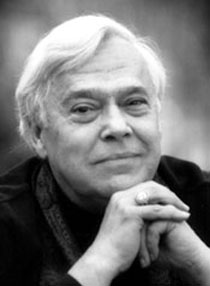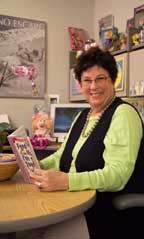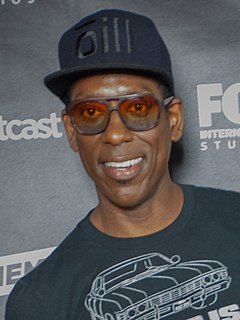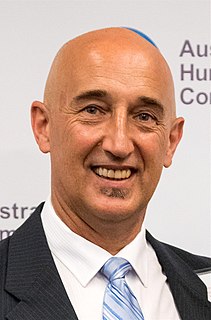A Quote by Ben Shapiro
The most formative time of our lives are the years between birth and age 21, when we explore who we are and learn from those who surround us.
Related Quotes
With the transcendent or supernatural, they help us contextualize our own lives while we are here on this earth. On a narrative level, as a storyteller, they are a wonderful tool and technique by which to explore those hopes, those fears, those existential dilemmas that we all face from time to time.
We are here to learn lessons and our birth chart tells us what our lessons are, what type of energy we possess in the first place, and how, by facing up to the challenges presented to us in life, spiritual growth will ensue. The birth chart is a 'tool' to guide us through our life. By understanding our basic make up, we can learn to make the most out of our positive points and try to improve on our weaker ones.
I spent my youth and my most formative years in Africa. I left Africa when I was about 20, 21, and when Mo says a great African, I was really moulded by my African experience, although I had the good fortune that by the time I was 24 I had studied and worked on three continents - Africa, the US, and Europe.
Someone with whom we have a lifetime's worth of lessons to learn is someone whose presence in our lives forces us to grow...those who consciously or unconsciously challenge our fearful positions. They show us our walls. Our walls are our wounds--the places where we feel we can't love any more, can't connect any more deeply, can't forgive past a certain point. We are in each other's lives in order to help us see where we most need healing, and in order to help us heal.
I call the years when our children are between six and twelve the "golden years," not because everything's perfect . . . but because the kids are capable and independent. . . . They're becoming fascinating human beings who continually astound us and make us laugh. And they build our self-esteem. They still adore us for the most part, not yet having reached that age of thinking everything we do is dumb, old-fashioned and irrelevant.
Our lives are a battlefield on which is fought a continuous war between the forces that are pledged to confirm our humanity and those determined to dismantle it; those who strive to build a protective wall around it, and those who wish to pull it down; those who seek to mould it and those committed to breaking it up; those who aim to open our eyes, to make us see the light and look to tomorrow [...] and those who wish to lull us into closing our eyes
Our struggle to put first things first can be characterized by the contrast between two powerful tools that direct us: the clock and the compass. The clock represents our commitments, appointments, schedules, goals, activities - what we do with, and how we manage our time. The compass represents our vision, values, principles, mission, conscience, direction - what we feel is important and how we lead our lives. In an effort to close the gap between the clock and the compass in our lives, many of us turn to the field of "time management."


































